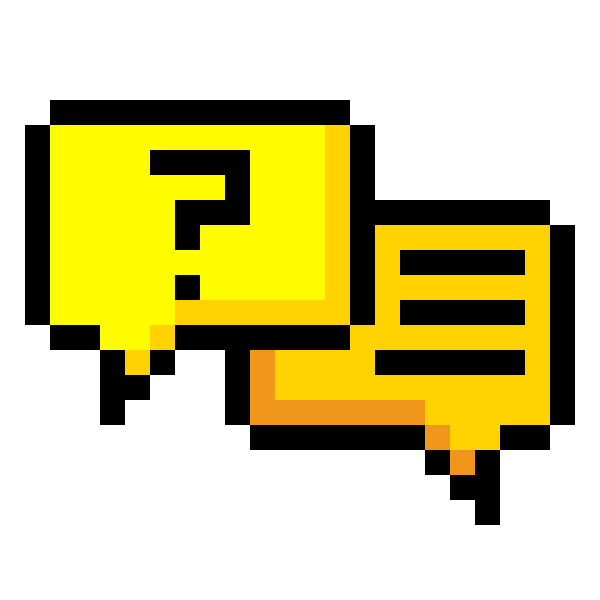506 reads
When Chess, Meditation and Engineering Intersect: An Interview With Sowmya Hariharan
by
February 13th, 2024
Audio Presented by
Story's Credibility

About Author
Writing about tech, entrepreneurship, and engineering

Writing about tech, entrepreneurship, and engineering